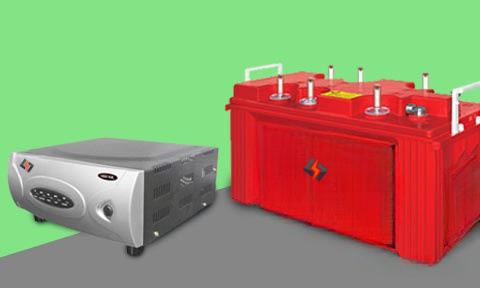SOLAR INVERTERS AND BATTERIES
Solar inverters and batteries play crucial roles in creating efficient and reliable solar power systems:
Solar Inverters: Solar inverters are devices that convert the direct current (DC) electricity generated by solar panels into the alternating current (AC) electricity used in homes and businesses. They come in various types:
On-Grid Inverters: These inverters are used in grid-connected systems and synchronize the solar power output with the utility grid’s frequency and voltage. They allow excess energy to be fed back into the grid, potentially earning you credits.
Off-Grid Inverters: Off-grid inverters are utilized in standalone systems that are not connected to the grid. They manage the conversion of solar power and often include battery charging capabilities for energy storage.

- Hybrid Inverters: These inverters combine features of both on-grid and off-grid inverters. They enable you to store excess energy in batteries for later use while also allowing grid interaction when needed.
- Lead-Acid Batteries: These are cost-effective but have limited energy density and shorter lifespans compared to other types.
- Lithium-Ion Batteries: Lithium-ion batteries offer higher energy density, longer lifespans, and faster charging capabilities. They are often used in residential solar systems and are suitable for various applications.
- Flow Batteries: Flow batteries are known for their scalability and long cycle life. They are suitable for larger-scale energy storage systems.
- Saltwater Batteries: These batteries are considered safe and environmentally friendly, making them a suitable choice for residential use.

